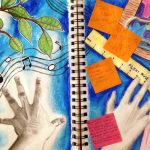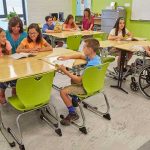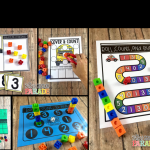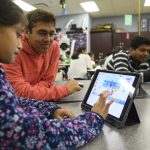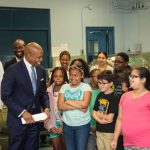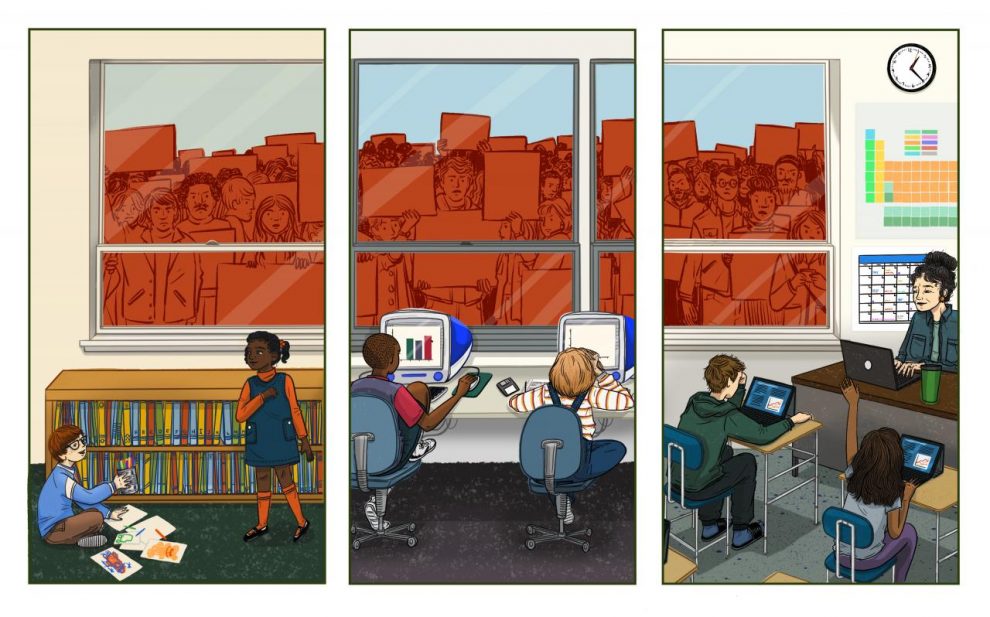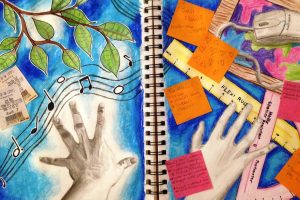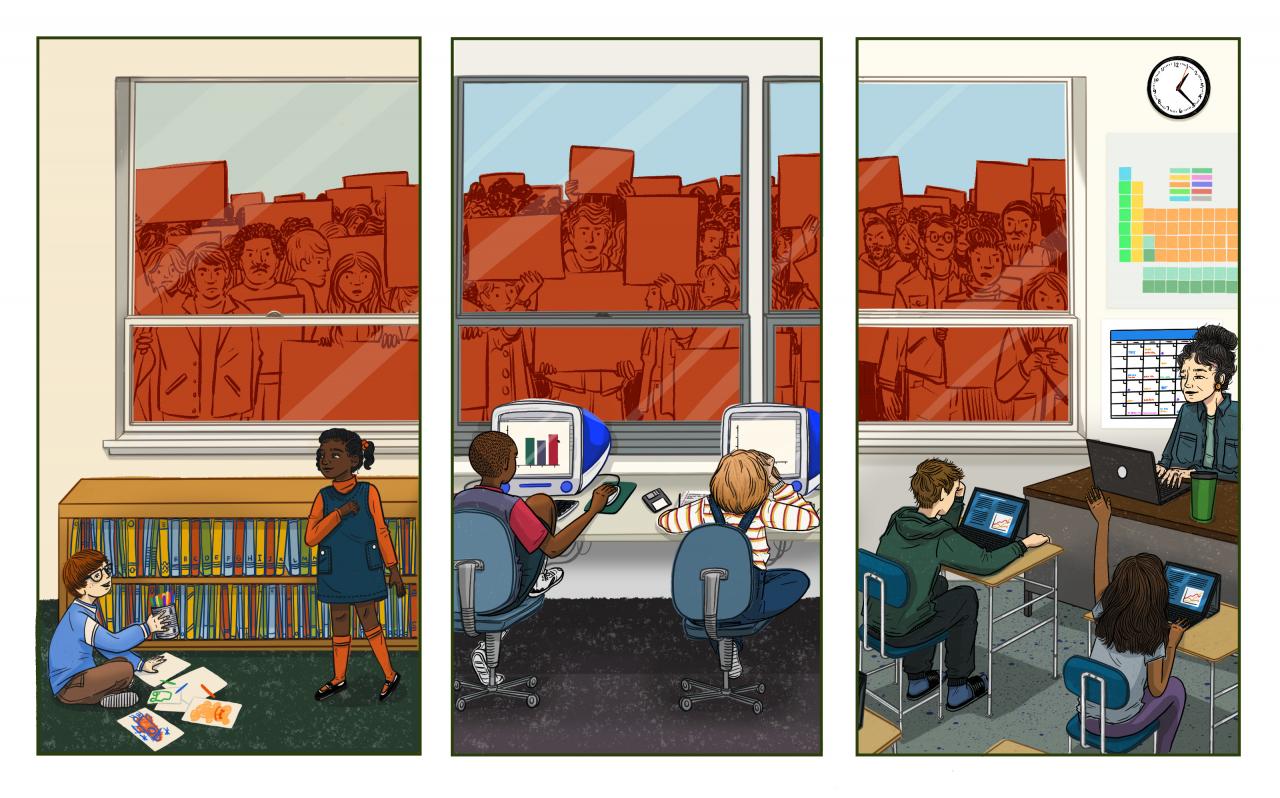
Academic and life success depends on more than intellectual skills. As Aristotle said, “Educating the mind without educating the heart is no education at all.” Social-emotional development is integral at Grade Link Academy. Our holistic approach nurtures students’ minds, hearts and character.
Explicit Skills Instruction
Directly teach critical social-emotional competencies across grades:
- Self-awareness – Recognizing feelings, building healthy self-concepts
- Self-management – Handling emotions constructively, maintaining motivation
- Social awareness – Respecting differences, empathizing with others
- Relationship skills – Cooperating, communicating effectively, managing conflict
- Responsible decision-making – Assessing risks, problem solving, behaving ethically
Lessons equip students to understand and express themselves healthily while thriving together.
Integrating with Academics
Reinforce social-emotional learning through academics like:
- English: Analyze characters’ motivations in literature. Write persuasively about social issues.
- Math: Collaborate respectfully on group problem sets.
- Science: Discuss emotional responses to experiments. Consider ethics of discoveries.
- History: Examine decisions’ consequences through different cultural perspectives.
- Health: Manage stress through breathing, nutrition and fitness.
This cross-disciplinary integration helps students apply social-emotional skills in all pursuits.
Restorative Justice
Manage conduct and conflicts through collaborative reconciliation:
- Have harmed students voice pain caused, then offenders explain motivations and make amends.
- Guide peer mediations where students proposing solutions together.
- Resolve issues through accountable consequences like community service.
- Heal rifts between students through empathy-building projects.
Restorative justice repairs divisions while teaching conflict resolution skills.
Advisory Mentoring
Small-group advisories meet regularly to build connectedness. Teachers as mentors guide discussions exploring identity, healthy relationships, managing stress, preparing for transitions and more.
Trust makes students comfortable confronting challenges. Advisories cultivate bonding through community-building activities like team challenges, sharing cultural traditions and designing group flags representing members’ diverse strengths and interests.
Morning Meetings
Classrooms start the day gathered in a circle to set a positive tone. Students take turns sharing updates, playing games and appreciating classmates. Laughter helps focus minds for learning.
Teachers model vulnerable sharing to deepen connections. Students gain public speaking practice in a safe space. Classmates offer supportive comments, building camaraderie.
Peer Support
Students help struggling peers through strategies like:
- Study buddies who tutor academic subjects
- Lunch clubs where socially isolated students find friendship
- New student ambassadors who offer tours and mentorship
- Random acts of kindness when students leave encouraging notes in lockers
Empowering students to support classmates multiplies social-emotional impact.
Mindfulness and Yoga
Center the mind through:
- Breathing exercises to reduce anxiety
- Guided visualization for mental clarity
- Stretching and poses to relieve tension
- Meditation to boost focus
These tools help students manage emotions, handle stress, and gain equilibrium for learning.
Celebrating Diversity
Initiatives affirm students’ cultural backgrounds:
- Multicultural fairs showcasing traditions through food, dress, music, crafts and dance
- Reading books and watching films about diverse role models
- Assigning heritage projects tracing family ancestry
- Inviting community leaders to share lived experiences
Embracing students’ complete identities fosters belonging.
Parent Partnership
Families help reinforce social-emotional lessons:
- Weekly journaling about ethics, emotions and relationships
- Tips emailed on self-care, empathy, digital citizenship and more
- Support practicing conflict resolution and mindfulness at home
- Resources to manage anxiety, depression and developmental hurdles
- Parent education events on child psychology and relational health
With school-home alignment, social-emotional learning lasts beyond the classroom.
At Grade Link Academy, we believe strong character and sound wellbeing unfold when minds and hearts develop in tandem. Students thrive when given both roots to grow and wings to fly. Our whole-child approach cultivates tomorrow’s compassionate leaders.

